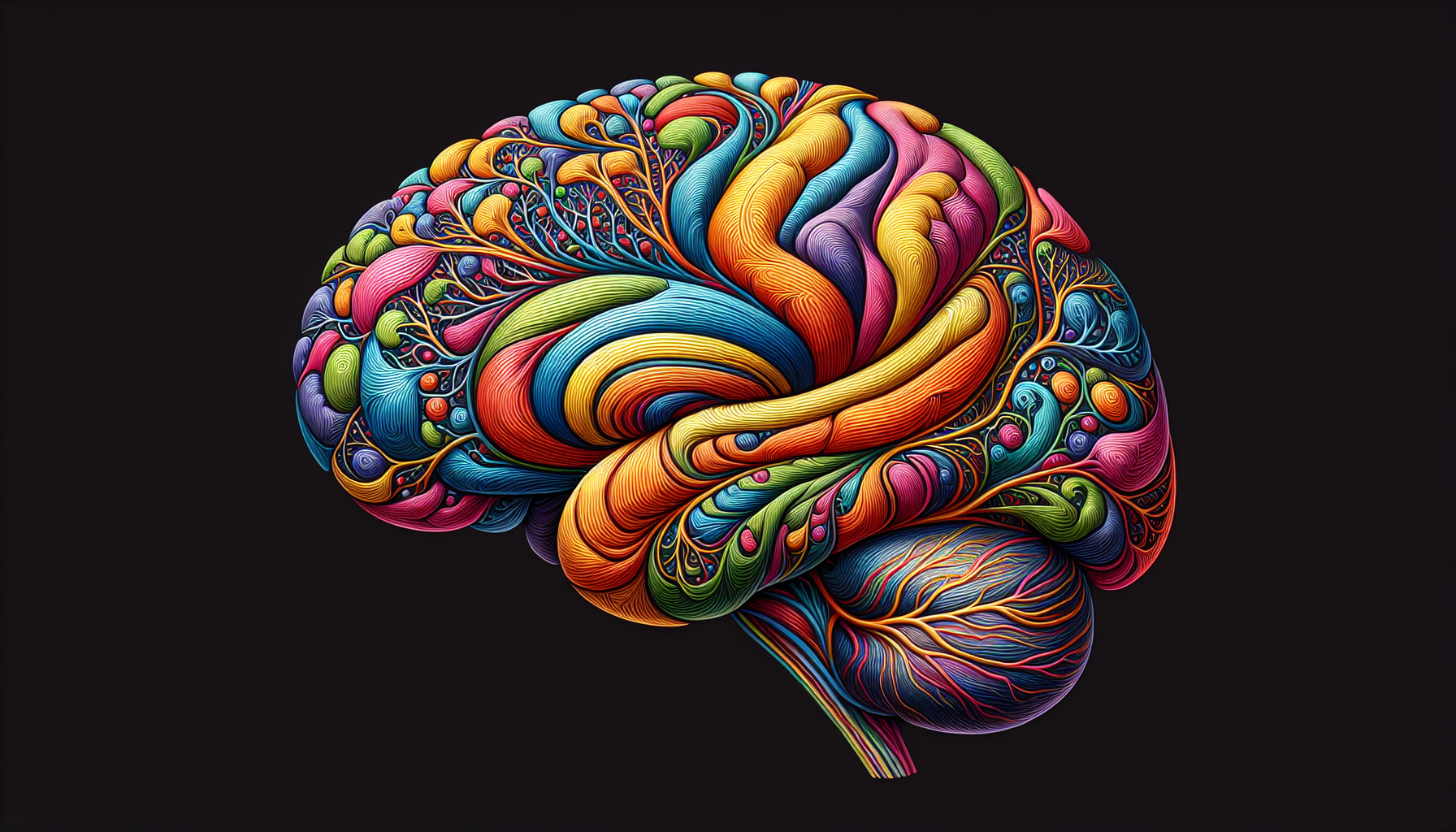Sleep apnea is a common sleep disorder that involves repeated interruptions in breathing throughout the night. These interruptions, known as apneas, can occur dozens or even hundreds of times each night, leading to fragmented sleep and decreased oxygen levels in the blood. While the immediate effects of sleep apnea, such as daytime sleepiness and fatigue, are well known, the disorder’s impact on cognitive function is an area of growing concern and research.
The Cognitive Toll of Sleep Apnea
Cognitive function encompasses various mental abilities, including memory, attention, executive function, and processing speed. It’s essential for carrying out day-to-day activities and maintaining a high quality of life. Chronic disruptions in sleep patterns and lowered oxygen levels associated with sleep apnea can impair these cognitive abilities.
One of the critical areas affected by sleep apnea is executive function, which includes planning, decision-making, and problem-solving skills. Executive function is crucial for managing daily tasks and adapting to new situations. Research has shown that individuals with sleep apnea may experience difficulties in these areas, which can significantly impact their personal and professional lives.
Memory consolidation is another cognitive process vulnerable to sleep disruptions. During sleep, particularly in the rapid eye movement (REM) stage, the brain processes and stores new information. Frequent interruptions in sleep can hinder this process, leading to memory deficits. People with sleep apnea may find it harder to remember new information or may experience a decline in their working memory capacity.
Attention and concentration are also at risk. The fragmented sleep resulting from sleep apnea can lead to a state of chronic sleep deprivation, where the ability to focus and maintain attention is compromised. This can affect performance in tasks that require sustained concentration, such as reading, driving, or working on complex projects.
Connections to Brain Health
Given the integral relationship between sleep and cognitive function, the effects of sleep apnea extend into overall brain health. Chronic sleep deprivation and intermittent hypoxia (low oxygen levels) can lead to alterations in brain structure and function. These changes may be observed as decreased gray matter concentration in areas responsible for cognitive processing and emotional regulation.
The link between sleep apnea and cognitive decline is of particular concern in aging populations. As the brain ages, it becomes more susceptible to the deleterious effects of sleep disturbances. In older adults with sleep apnea, there is a heightened risk for cognitive impairments and an increased probability of developing conditions such as Alzheimer’s disease and other forms of dementia.
External Resources Supporting Cognitive Impact
To understand the depth of sleep apnea’s influence on cognitive abilities, researchers have conducted numerous studies. The following resources provide detailed insights into the latest findings:
- An in-depth review on Sleep Apnea and Cognitive Function explores how sleep apnea can lead to cognitive decline, particularly in older adults.
- A specialized article from The Journal of Neuroscience discusses the neurological changes in brain structure associated with obstructive sleep apnea.
- The American Academy of Sleep Medicine provides a comprehensive overview of how Sleep Apnea Affects the Brain, offering insights into the neurological consequences of the disorder.
Strategies for Mitigating Cognitive Decline
Managing sleep apnea and its cognitive repercussions involves a multifaceted approach. Continuous Positive Airway Pressure (CPAP) therapy remains the gold standard treatment for sleep apnea. CPAP machines deliver a steady stream of air through a mask, keeping the airways open and reducing apneas. Effective CPAP use can lead to significant improvements in cognitive function, as it restores normal sleep patterns and oxygen levels.
Lifestyle changes can also play a critical role in mitigating the cognitive effects of sleep apnea. Weight management, regular physical activity, and avoiding alcohol and sedatives before bedtime can reduce the severity of apneas. Additionally, practicing good sleep hygiene by maintaining a consistent sleep schedule and creating a comfortable, distraction-free sleep environment can enhance the quality of sleep.
Cognitive training techniques can complement sleep apnea treatments by directly targeting cognitive deficits. Programs designed to improve memory, attention, and executive functions can help individuals regain cognitive abilities affected by sleep disruptions. For more information on cognitive training, refer to Maximizing Focus Through Cognitive Training Techniques.
The Role of Continuous Learning and Brain Health
Engaging in continuous learning and mentally stimulating activities has been shown to promote neural plasticity and cognitive resilience. These activities can serve as a protective buffer against the cognitive impairments associated with sleep apnea. To learn more about the impact of continuous learning on the brain, visit The Impact of Continuous Learning on Neural Plasticity.
Conclusion
Sleep apnea’s effect on cognitive function is a significant concern with far-reaching implications. By understanding and addressing the impact of this sleep disorder on the brain, individuals can take proactive steps to preserve their cognitive health. Medical interventions, lifestyle adjustments, cognitive training, and engaging in continuous learning are all strategies that can help counteract the cognitive challenges posed by sleep apnea.
For additional information on enhancing cognitive function and brain health, consider exploring articles on Analyzing Environmental Influences on Cognitive Development and Assessing the Physical Exercise-Brain Function Correlation. These resources provide valuable insights into the various factors that can influence cognitive abilities and offer strategies for fostering a healthy, resilient brain.



